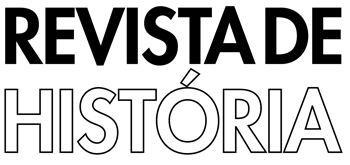Abstract
Through the gathering of information contained in diplomatic correspondence, exchange of notices among Brazilian authorities, orientation of Bolivian rulers to their subordinates, and legislative sources from both states, this article proposes to discuss the precariousness of a possible form of manumission, or, at least, the implications of international escape movements on the legal status of enslaved individuals after crossing the border lines of the province of Mato Grosso towards Bolivia. The examination of the multiple experiences resulting from the intersection between enslaved work and the ideas and practices of freedom presents in the imaginary of enslaved people from the Brazilian side will demonstrate the importance of spatial mobility for modifying the fields of possibility of the various social agents involved directly or indirectly in escape practices. In the cases analyzed, evasion, crossing and escape did not necessarily ensure the acquisition of freedom for those involved, but rather spaces of autonomy that often led fugitives to live under a legal limbo due to disrespect for both sides of the border.
Keywords:
Enslaved labor; International moviments of escape; Precarious liberty; Diplomatic Negotiations; Province of Mato Grosso
